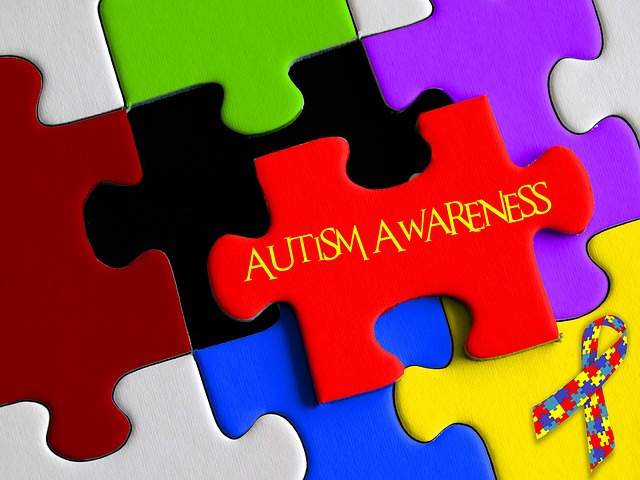AI as a marketing tool for Edtech has become rampant. Companies are making claims about their technologies being AI integrated which could not be further from the truth. It is important to do thorough research, therefore, to avoid being duped.
Education technology has become mainstream, now being used in almost every part of the education system. Schools are using these systems to analyze students’ data such as grades and academic performance and creating reports that can help teachers in getting more insights about a student.
The growth in popularity and usage has meant that companies have to either invent or come up with new ways of pushing their products in the market.
Artificial Intelligence (AI) has become the current buzzword for these companies when pushing their products. They aggressively push you into making the decision to buy their products and they will say anything to make that happen.
Edtech aggressive marketing strategies
Teachers, education stakeholders, students, and parents have all been included in this net of lies where marketers lie that their products have AI integration. Combining this buzzword with marketing techniques and communication skills, they are able to convince the best of us who would otherwise never have bought the item, to buy it.
In most instances, the reality is that there is no AI integrated into these systems. They are only focusing on pushing their products, that’s all. This becomes a challenge because a lot of people do not know how to spot a fake AI marketing campaign in Edtech.
There are a few red flags to look for when interacting with the Edtech marketers and technology that is supposedly AI integrated. The most common one is asking straight forward for proof that what they claim the software does is actually possible with the system.
This will mean asking them for a trial before making the final decision on whether to buy into their product. Genuine products would never object to trying out their system to determine its viability in the industry and also familiarize yourself with it.
Ask about the development process of Ai
The next method you can use is asking more about the development process of their supposed AI technology such as how many learning scientists they had in the team. This may throw them off if they are actually fraudsters and what they are selling has no basis in education.
Edtech consumers should also look for testimonials and ratings of the products from other users. This will help you in gauging the experience of other product users before making the decisions. You can also be able to determine if the AI technology being advertised is genuine before buying the product.
While buying these tech gadgets, it should not always be about the marketers and companies in search of ‘quick bucks’. An evidence-based proof of how the product works must be provided to consumers so that they can be able to make informed decisions. This is not always the case, therefore, you should always be on the lookout for fake AI marketing techniques meant to hypnotize you into buying their products.







